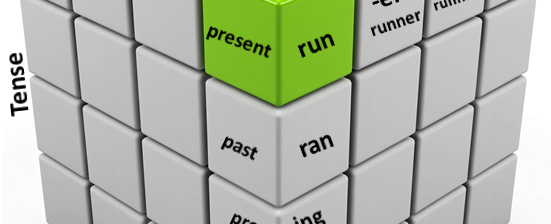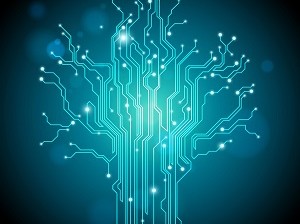Tag Archives: perception
04 Jul Cognitive Multi-Processing

Joe Roushar – July 2017 Divide and Conquer Swarm computing applications, with large numbers of autonomous agents are beginning to appear and deliver stunning results. The combination of autonomy, simple tasks and parallelism has great power. Today I’ll address parallel computing and models for breaking down computational problems. I will not address the question of autonomy today, […]
21 Oct Fuzzy Interconnectedness

Fuzzy and Interconnected Techniques Section 5 suggests that the software of cognition is very fuzzy and able to operate efficiently even without having complete or totally accurate information. We said that we want to replicate that flexibility. We spoke in Section 7 about different fuzzy approaches for representing and processing information. These approaches include artificial […]
28 Aug Weight Control for Knowledge

Stochastic Models Data, information and knowledge may be stored in many different ways in computers. Most artificial neural models rely heavily on stochastic or probabilistic techniques for establishing the internal structure that represents the data. The generalized delta rule for adaptation is an example of this sort of technique. The generalized delta rule, developed by D.E. […]
02 Aug Artificial Time

Time is omnipresent – you can’t get away from it. It is woven into everything we do and say and understand. It is an inextricable element of context. I was just speaking of how the connections in our brain develop, grow and evolve over time. Representing and handling this “temporal” element is fundamental to any […]
28 Jul Patterns in the Mind

As we look for suitable solution designs for representing the knowledge and processes we humans use to communicate, we realize that we have no idea what knowledge in the brain looks like. Further, we only have relatively vague ideas about the processes that occur in the brain as we produce and comprehend words, phrases and sentences. […]
08 May Three-Dimensional Model of Language

Topographical maps of concepts in a text provide useful views of language. Fortuna et al in Semantic Knowledge Management (pp. 155-169) describe how three-dimensional topic maps can both give meaningful insights into clusters of related content, such as news stories or published papers. I have frequently stressed the importance of concept associations in the brain, in cognitive […]
02 Apr Context and Expectations

Expectations are context based, top-down ideas of what comes next. These top-down ideas feed perceptual processing centers in the brain, helping us focus on what matters, ,and sometimes blinding us to other possibilities. The two types of context we will consider today are sensory and non-sensory. Sensory context applies to anything in the physical world […]
31 Mar Truth, Belief and Confidence

Establishing frameworks for truth, belief and confidence can be part of raising a child and part of building a more intelligent system. Parents in households of faith often feel a compelling need to teach their children about things that are outside the realm of scientific discovery. In espionage, intelligence analysts review information collected by agents, electronic snoops, and […]
28 Mar Is Everything Black or White?

We have exercised our abstract ideas about that which is too big and chaotic for us to understand (everything), let’s take a glimpse at that which is so small and chaotic that we may never really figure it out: the workings of the mind. In the next few posts, we will examine different forms of logical […]





